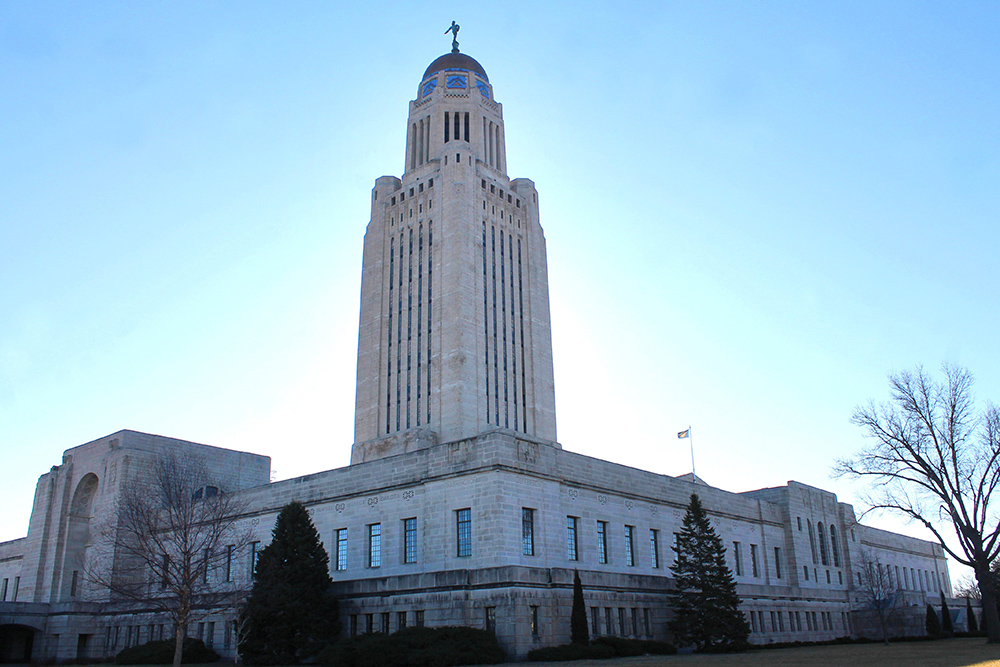
By Kate Scanlon
(OSV News) — The Nebraska Supreme Court July 26 upheld a law that combined a 12-week abortion ban with a measure banning certain types of medical or surgical gender reassignment procedures for minors who identify as transgender.
Groups including Planned Parenthood and the American Civil Liberties Union filed suit to challenge the law, which they said violated a state constitutional amendment limiting pieces of legislation to a single subject. But the state Supreme Court found that both topics of the law, The Let Them Grow Act, LB 574, concern medical care.
The legislation was combined after a six-week abortion ban failed to clear the state’s Legislature.
Tom Venzor, executive director of the Nebraska Catholic Conference, said in a written message to supporters the ruling marks “a huge win for the respect and protection of human life in our state.”
“The Nebraska Supreme Court’s ruling is a significant step toward the full recognition and protection of human dignity, the integrity of the human body, and the innocence of childhood in Nebraska,” Venzor wrote to supporters.
Ruth Richardson, president and CEO of Planned Parenthood North Central States, said in a statement, “It is nothing short of heart-wrenching and infuriating to know that Nebraskans will continue to be denied the say they deserve in what should be private medical decisions.”
“This ban has already devastated Nebraskans’ lives and will undoubtedly widen dangerous health inequities for people in rural areas, people of color, people with low incomes and young people,” Richardson said, adding her group would continue to perform abortions up to 12 weeks in the state.
Groups including the Nebraska Catholic Conference, Nebraska Right to Life, the Nebraska Family Alliance and other pro-life groups have opposed an effort to put measures on the ballot for November that would enshrine abortion in the state constitution and provide other protections for abortion access.
The Catholic Church teaches that all human life is sacred from conception to natural death, opposing direct abortion as an act of violence that takes the life of the unborn child.
After the Dobbs decision, church officials in the U.S. have reiterated the church’s concern for both mother and child, and called for strengthening available support for those living in poverty or other causes that can push women toward having an abortion.
Meanwhile, in guidance on health care policy and practices released in March 2023, the U.S. Conference of Catholic Bishops’ Committee on Doctrine opposed interventions that “involve the use of surgical or chemical techniques that aim to exchange the sex characteristics of a patient’s body for those of the opposite sex or for simulations thereof.”
